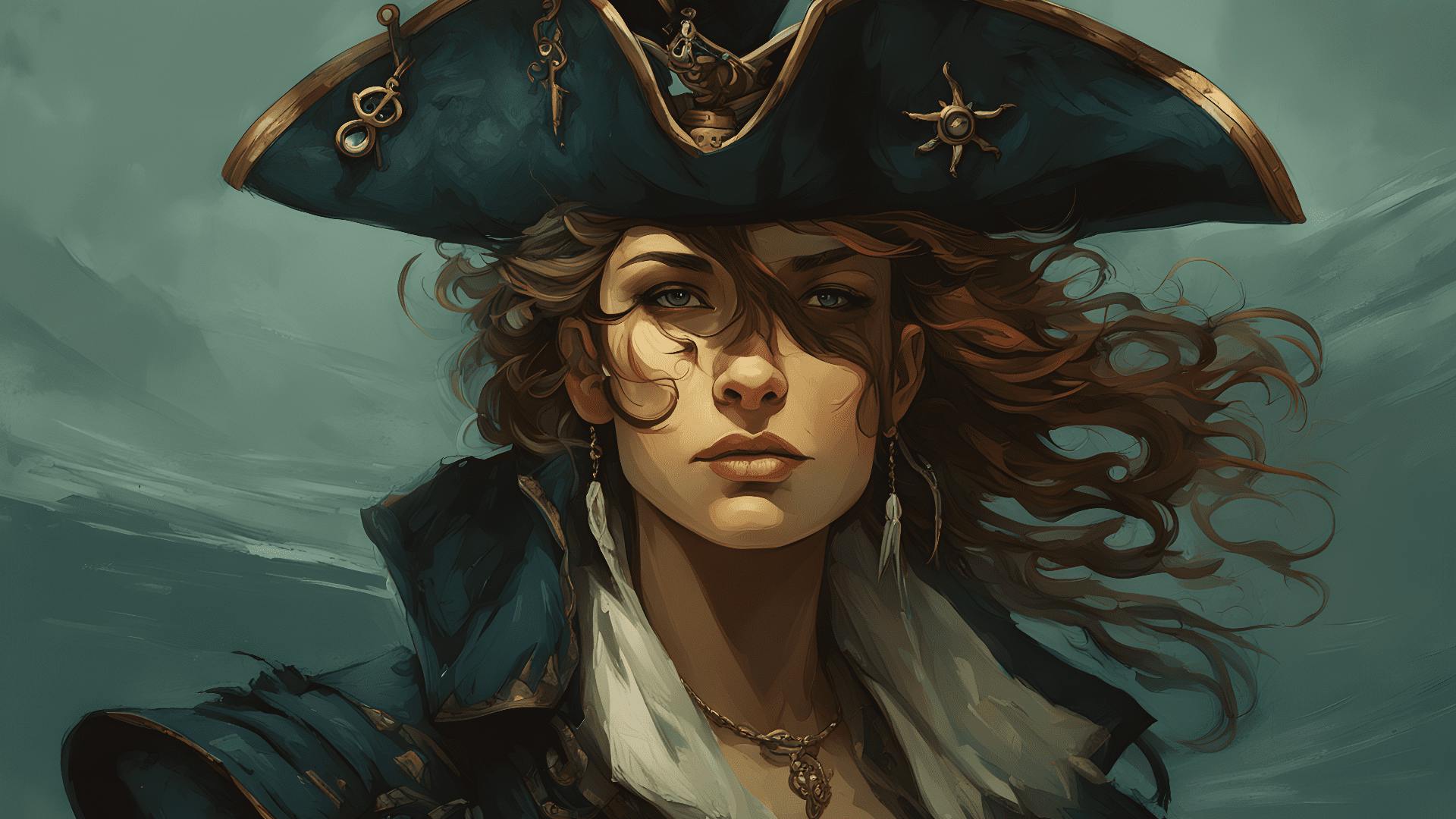Concept Artist

AI made with Peter Mohrbacher
Concept artists stand at the crossroads of imagination and realization. Their craft revolves around conceptualizing and visualizing ideas before they're brought to life – be it in movies, video games, or other mediums.
Key Responsibilities:
1. Idea Visualization: Translating abstract ideas into concrete visuals, often through sketches, paintings, or digital illustrations.
2. Collaboration: Working closely with directors, game developers, or designers to refine and adjust initial concepts.
3. Research: Delving into historical, cultural, or scientific contexts to ensure accuracy and richness in designs.
4. Iteration: Based on feedback, repeatedly refining and enhancing designs to align with the project's evolving requirements.
Skills and Qualifications:
- Artistic Mastery: Strong foundational skills in drawing, painting, and digital illustration are essential.
- Imagination: The ability to envision and illustrate unique concepts is paramount.
- Technical Proficiency: Familiarity with tools like Photoshop, Illustrator, or specialized concept art software.
- Adaptability: In the evolving world of design and entertainment, adjusting to new styles, tools, and industry demands is vital.
Educational Requirements:
Many concept artists possess degrees in fine arts, illustration, or related fields. However, a robust portfolio showcasing diverse and imaginative concepts is often more critical than formal education.
Concept artists breathe life into ideas, laying the groundwork for the visual wonders we see on screens and in print. They're the unsung heroes behind our favorite game landscapes, movie creatures, and more.